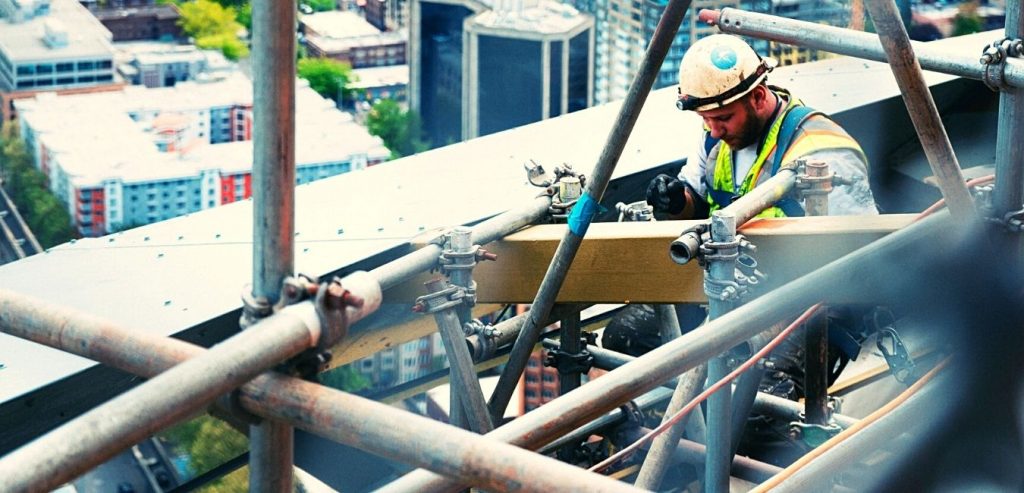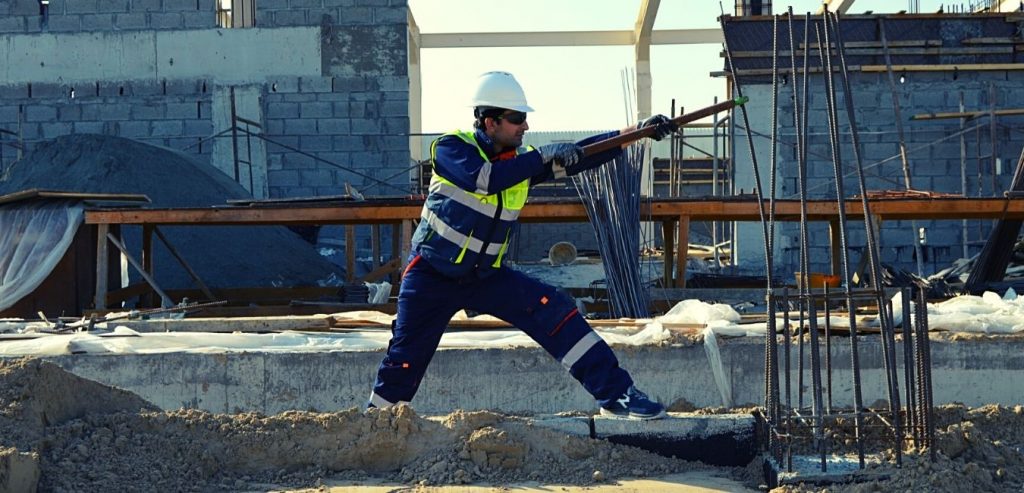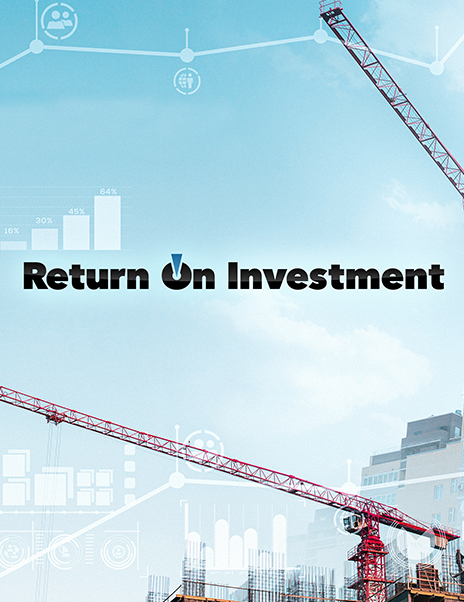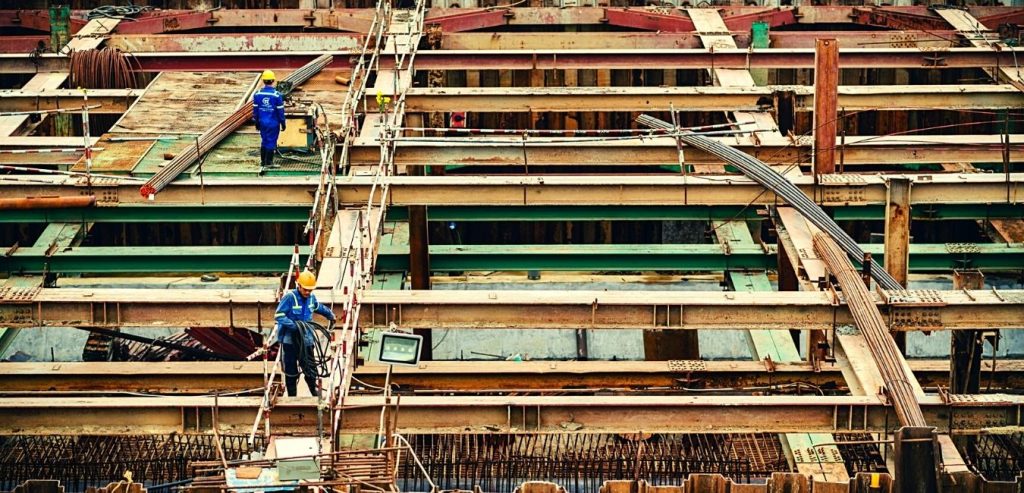For a project manager to successfully deliver a project, they need to have a proper construction procurement process. How organizations and professionals carry out the procurement process heavily impacts their operations in the construction industry. Risks typify the construction process, and once stakeholders identify these risks, they prioritize a suitable procurement process that matches the risk profile selected.
Table of Contents
What is procurement in construction?
In simple terms, procurement is the process of acquiring goods and services in construction. A construction company needs to strategically approach the procurement process to maximize the efficiency of a project. A construction firm must carefully approach procurement and purchase supplies cost-effectively, considering factors like timeline, quality of project, and budget.
Types of construction procurement
There are several types of procurement adopted by companies in the construction field. When selecting a long-term procurement plan, the project’s stakeholders should carefully consider the project’s business plan. When choosing a procurement plan, some critical factors are speed, cost, risks, budget, quality, and project-specific constraints.
The most common types of construction procurement and contracts for procurement are:
Traditional contract
This is also known as the design-bid-build contract. The contractor works under a lump sum contract and takes responsibility for carrying out the works under a building contract.
Design and build contract
This procurement method starts with the appointment of the main contractor. In design and build contracts, the client has a single point of responsibility in delivering the project. The design-build contract can follow either the single-stage tender or the two-stage tender. In a single-stage tender, the contractor submits the tender with a fixed lump sum cost. In a two-stage tender, the contractor first presents their programs, preliminaries, project team, overheads, and profits. Afterwards, the contractor is appointed to work for the client on a consultancy basis. It is here that a contractor negotiates for a fixed price for the costs of project works.
Management contract
The third type of procurement is under a management contract. This is where the different contractors, all of whom the main contractor appoints, undertake procurement works. The payment terms are usually a fixed fee in the form of a percentage.
Private Financing Initiative
Here, a contractor with funding capabilities and expertise in design, construction, and management is appointed to design, build and operate a project. The contractor will fund the project and lease it to the client for a period. After this time elapses, the development will revert to the client.
Construction Management
This is like management contracting. The only difference is that the client is not in direct contact with the contractors. The client appoints a management team that they pay on a fee basis, and this team oversees the procurement process by the contractors.

Procurement responsibilities
The procurement manager mainly does the procurement in a construction company. The procurement manager is the logistics professional that oversees all the purchases of necessary materials for a company’s projects. The procurement manager also ensures the goods arrive on time and within budget. There are practical skills that help a procurement manager effectively perform his tasks well. Some of these skills are analytical thinking, negotiation, communication business, and strong mathematical skills. The procurement manager has some other duties such as:
Evaluating bids and RFPs
The procurement strategy involves evaluating bids and RFPs. The procurement manager will provide input on building materials and associated costs in preparing the proposals.
Managing resources and deadlines
The procurement schedule notes down the items needed for purchasing and ensures they are delivered on-site on schedule. The procurement manager also coordinates the procurement schedules and the construction schedule to avoid project delays.
Project Monitoring
A procurement manager’s responsibilities do not end with procuring materials and services for the project. They are also responsible for contract management, change orders, submittals, evaluations, and overall project performance. They can sometimes use the project’s data to collaborate and negotiate with vendors as contract terms and if situations change.
The Benefits of Procurement
Procurement is pivotal in a project’s success in both the construction and design phases. It relies heavily on the experience, market knowledge, and resources of project managers. Procurement models adopted in a project have their advantages and disadvantages depending on how they are applied. However, there are expected benefits of procurement that cut across the board, showing how vital procurement is in construction. Below are some of the benefits of procurement in construction.

Timeliness
The amount of time involved in the procurement of goods and services in a project affects the scheduling of critical project activities. For instance, the delivery dates of materials and completion dates of the contracted works are key dates in the project schedule, and they are directly dependent on the procurement cycle. Improper procurement will lead to delays in a project or a project falling on the critical path, thus affecting a project’s success.
Minimizing Risk
Unmitigated risks are one of the pervasive causes of project failures. One of the risks in a project is project delays. However, proper procurement curbs this as it ensures that goods and services are delivered on time. The construction process, in turn, runs smoothly and is delivered in time.
Communication
Procurement improves communication between project stakeholders and external suppliers. This is because stakeholders have to conduct regular meetings and provide constructive feedback about how the procurement cycle can run smoothly. Proper communication brings more creative ideas to the table, improving the construction process.
Budget
When dealing with large projects, it is imperative that your company has someone who knows the current rates and when it is okay to make budget exceptions. Proper procurement will be able to flag high and unnecessary spending. It also takes away the bargaining process from the client as the procurement team is always ready to barter down any quote and ensure the client gets the best deal.

Summary
A good construction procurement plan maps out the managing process of a construction project. The merits of procurement in a large project are self-evident. The procurement team helps the project team know which questions should be asked, potential cost fluctuations, skills, and work scope. Construction procurement is all about managing projects for owners to build their dream projects.

